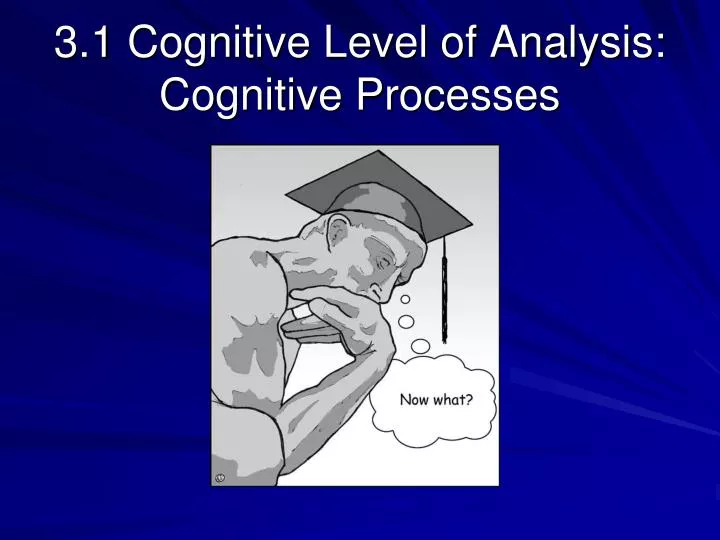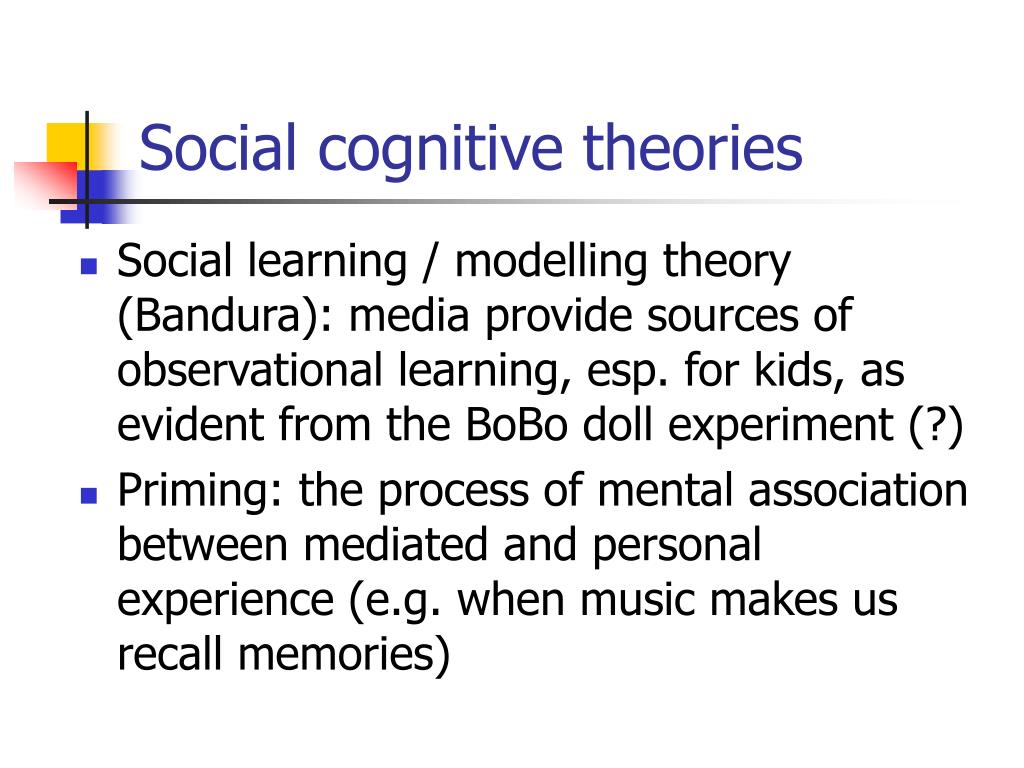
This is because the mental processing does not change your mental representations and associations. However, there is much information that you will process through your experiences and interactions, but from which you will not learn. Learning can be thought of as the process of information entering your cognitive system and changing it. Learning is the cognitive process that we use to incorporate new information into our prior knowledge in order to create new knowledge. For example, you may learn where a specific store is located, the score of a soccer game, or the price of a gallon of milk.

However, learning may also occur without conscious awareness through personal experience. It may occur consciously as part of formal education, training, study, or experience. Learning is the process whereby knowledge is created. Also through cognition, existing knowledge can be used to create new knowledge and to generate new ideas and concepts. It encompasses different mental activities such as learning, attention, memory, language, reasoning, judging, and decision making.Ĭognitive processes cover a wide array of mental activities including:Įach of these cognitive functions work together to integrate the new knowledge. Cognitive processes are essential to applying the learned information to previously learned skills, as well as to future situations.Ĭognition is comprised of both conscious and unconscious processes. You mentally process information, and you generate new knowledge as a result of the processing. Hence, learning is a result of cognition.
COGNITIVE PROCESSES DEFINITION SERIES
Learning comes at the end of a series of cognitive processes. Whenever you see, hear, or experience something new, you go through a series of cognitive processes, which results in learning. It involves absorbing information, processing it, and then applying it to the appropriate situations. Thus, you need cognition.Ĭognition is the mental steps you use to acquire, process, and understand information. However, in order to learn, you need to perceive, acquire, and process the new information. After an experience, you may perceive or understand something in a new way, or you may behave in a new way because of the knowledge you gained. Learning is a process whereby knowledge is created and results in a change in a mental representations or associations due to an experience. Connection between Cognition and Learning There are also other aspects including perceiving, thinking, reasoning, remembering, judging, and understanding. Learning is just one aspect of cognition.

Cognition and learning are often thought of as the same, however, they are different. DEFINITIONS OF COGNITION Cognition is the mental action or process of acquiring knowledge and understanding through thought, experience, and the senses.


 0 kommentar(er)
0 kommentar(er)
